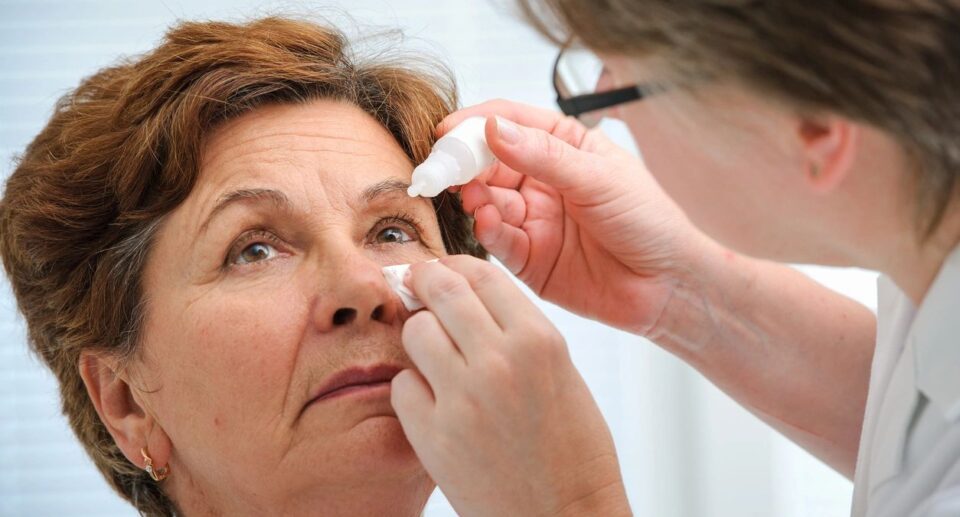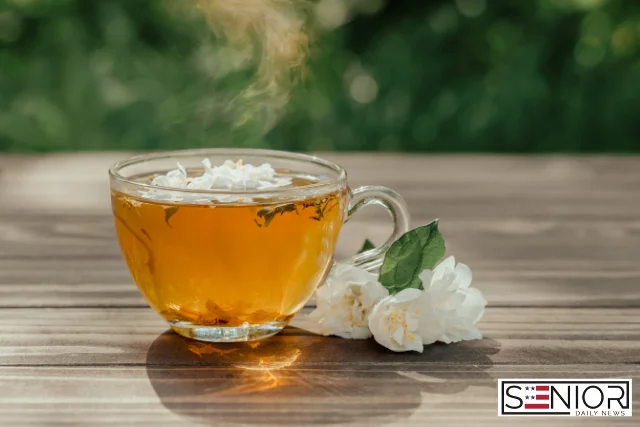Managing Seasonal Allergies: A Senior’s Guide to Finding Relief

Seasonal allergies, often triggered by pollen from trees, grasses, and weeds, can be particularly challenging for seniors. These allergies can cause discomfort and disrupt daily life, but understanding how to manage them can lead to a more comfortable and enjoyable experience throughout allergy season. This guide provides practical tips and strategies to help seniors effectively handle seasonal allergies.
1. Understanding Seasonal Allergies
1.1. What Are Seasonal Allergies? Seasonal allergies, also known as hay fever or allergic rhinitis, occur when the immune system overreacts to airborne allergens like pollen. Common symptoms include sneezing, runny or stuffy nose, itchy eyes, and throat irritation.
1.2. Common Triggers:
- Tree Pollen: Typically affects people in the spring.
- Grass Pollen: Common in late spring and early summer.
- Weed Pollen: Peaks in late summer and fall.
- Mold Spores: Can also be a trigger, especially in fall and spring.
2. Recognizing Symptoms
2.1. Typical Symptoms:
- Sneezing and runny or blocked nose
- Itchy or watery eyes
- Itchy throat or ears
- Fatigue and sinus pressure
2.2. Differentiating from Other Conditions: It’s important to distinguish seasonal allergies from other conditions like colds or sinus infections. Allergies generally don’t cause fever or body aches, which are more common with infections.
3. Effective Management Strategies
3.1. Stay Informed: Keep track of local pollen counts and forecasts. Many weather websites and apps provide pollen information, helping you plan outdoor activities and minimize exposure.
3.2. Limit Exposure:
- Stay Indoors: During high pollen count days, try to stay indoors, especially during early morning and late afternoon when pollen levels are highest.
- Keep Windows Closed: Prevent pollen from entering your home by keeping windows closed and using air conditioning.
- Use Air Purifiers: HEPA filters can help reduce indoor allergens and improve air quality.
3.3. Outdoor Precautions:
- Change Clothes: After spending time outside, change clothes and shower to remove pollen from your skin and hair.
- Avoid Yard Work: If possible, delegate yard work to others or wear a mask to reduce exposure.
3.4. Personal Care:
- Nasal Rinses: Use saline nasal sprays or rinses to help clear pollen from nasal passages and reduce congestion.
- Eye Drops: Over-the-counter antihistamine eye drops can help relieve itchy and watery eyes.
4. Medications for Allergy Relief
4.1. Antihistamines:
- Oral Antihistamines: These medications, such as loratadine (Claritin) and cetirizine (Zyrtec), can help relieve sneezing, runny nose, and itchy eyes. Non-drowsy options are available for daily use.
- Nasal Antihistamines: Nasal sprays like azelastine (Astelin) can provide targeted relief for nasal symptoms.
4.2. Decongestants:
- Oral Decongestants: Medications like pseudoephedrine (Sudafed) can help reduce nasal congestion. However, they may not be suitable for everyone, especially those with high blood pressure or heart conditions.
4.3. Consult with a Healthcare Provider: Before starting any new medication, consult with a healthcare provider, especially if you have underlying health conditions or take other medications.
5. Alternative and Complementary Approaches
5.1. Allergy Shots (Immunotherapy): For long-term relief, consider allergy shots. This treatment gradually desensitizes your immune system to specific allergens. Consult with an allergist to determine if this option is suitable for you.
5.2. Herbal Remedies: Some herbal remedies, such as butterbur or quercetin, may offer relief from allergy symptoms. Always discuss these options with a healthcare provider to ensure they are safe and effective for your situation.
5.3. Diet and Hydration: Maintaining a healthy diet and staying hydrated can support your immune system. Foods rich in omega-3 fatty acids, vitamin C, and antioxidants may help reduce inflammation and allergy symptoms.
6. When to Seek Medical Advice
6.1. Persistent or Severe Symptoms: If your allergy symptoms are persistent, severe, or not relieved by over-the-counter medications, consult with a healthcare provider for a thorough evaluation and tailored treatment plan.
6.2. Adverse Reactions: If you experience any adverse reactions to medications or treatments, seek medical advice promptly.
Final Thoughts
Seasonal allergies can be a significant challenge, but with the right strategies and treatments, you can manage symptoms effectively and improve your quality of life. By staying informed, limiting exposure to allergens, and exploring various treatment options, you can find relief and enjoy the seasons with greater comfort.
Take proactive steps to manage your allergies, and consult with healthcare providers as needed to tailor an approach that works best for you. With careful planning and informed choices, you can navigate allergy season with greater ease and enjoyment.






